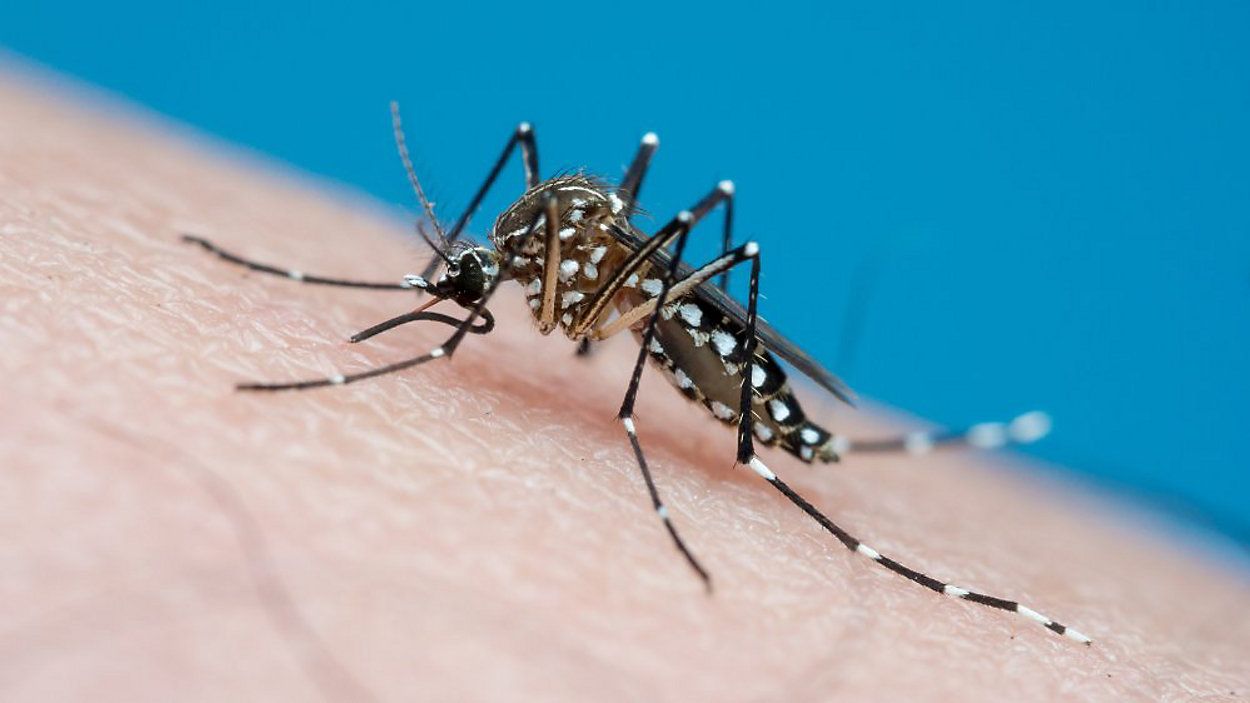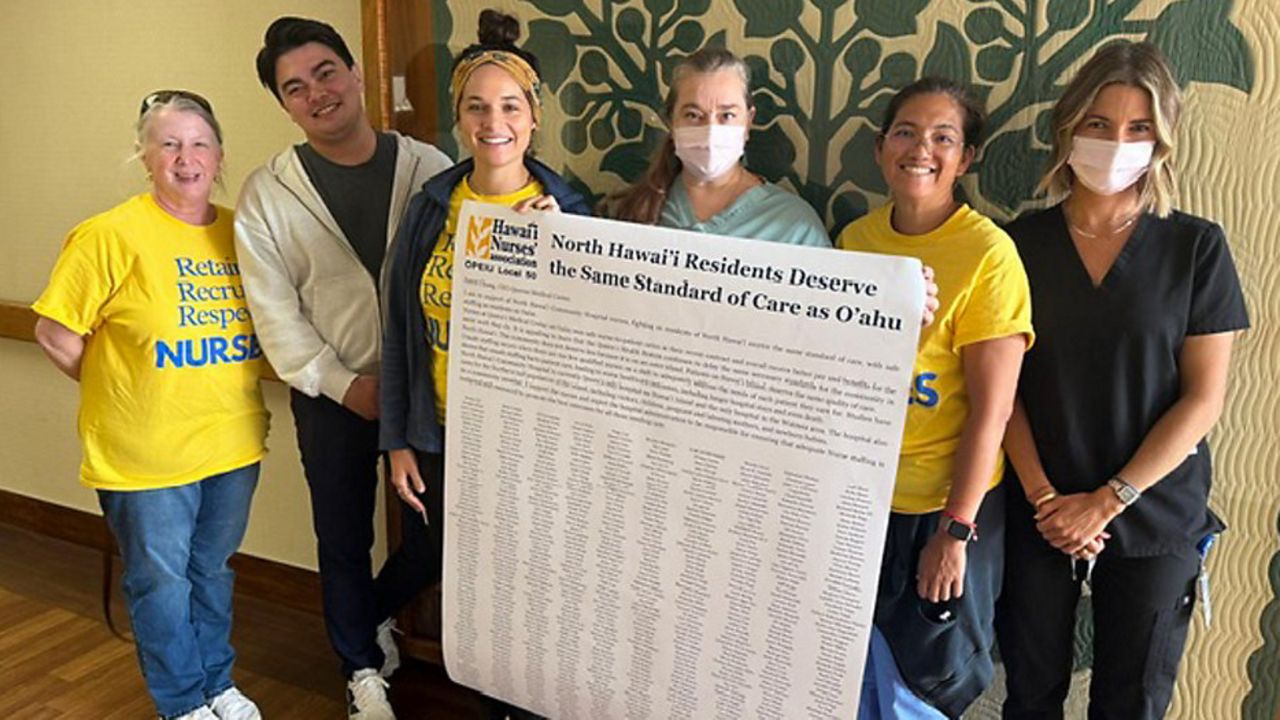HONOLULU — The study was conducted by researchers Gursimran Sidhu, Tiana Fontanilla and Treena Becker. Findings were published in the August 2024 issue of the Hawaii Journal of Health and Social Welfare.
According to the study, 263 drug-related deaths were recorded across the state between July 2020 and December 2021. Of these, 58.2% involved individuals aged 50 to 79, with methamphetamine toxicity accounting for 64.3% of those deaths. In comparison, just 16.4% were from opioid poisoning.
The researchers found that older adults were more likely to die from methamphetamine poisoning than their younger counterparts, while younger people were more vulnerable to opioid-related deaths. The team drew data from the State Unintentional Drug Overdose Reporting System, a CDC-funded initiative, to analyze overdose patterns, and reviewed medical examiner reports, toxicology reports and death investigator narratives.
Among their findings, the team determined that older decedents had a history of cardiovascular disease, a condition that can increase the risk of fatal outcomes in methamphetamine users.
“People who use drugs long-term in Hawaii tend to favor methamphetamine, and this trend becomes more lethal as they age,” Becker said.
According to the researchers, those who died of overdose at midlife and older ages had been using methamphetamine for decades. They said such chronic drug use, coupled with age-related health issues, makes older adults particularly vulnerable to methamphetamine poisoning.
The report further suggests that older users often face different risks and barriers to treatment than younger users, including increased stigma.
The team called for more research into why older adults continue using methamphetamine, noting that “motives for use in older age are largely unexplored.” They also recommended prioritizing screening for substance use disorder among older adults in Hawaii and offering tailored treatment.
“There is often stigma and shame surrounding SUD, especially for kupuna, which can make it difficult for them to seek help,” Becker said. “Addressing these barriers could be key to reducing deaths in this vulnerable population.”
Michael Tsai covers local and state politics for Spectrum News Hawaii. He can be reached at michael.tsai@charter.com.







0718)



